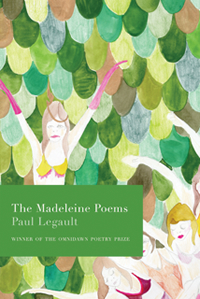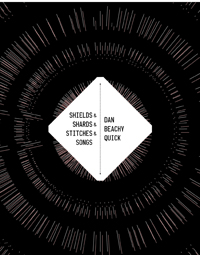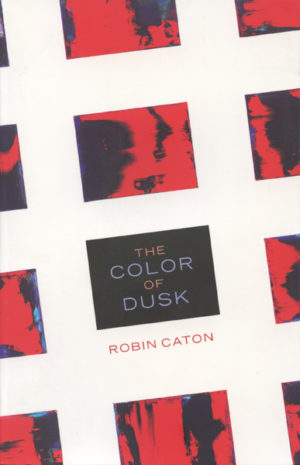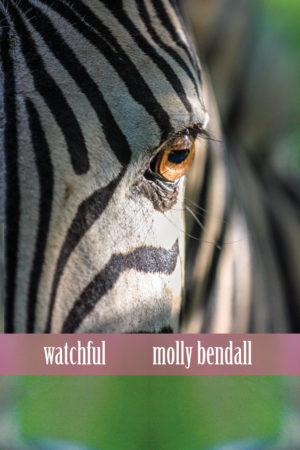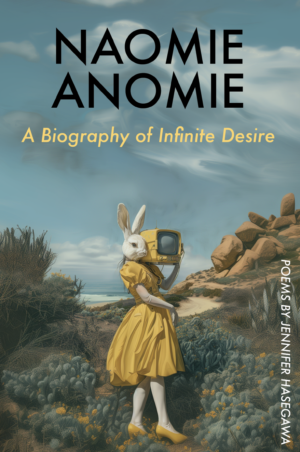Description
Winner of the 2009 Omnidawn 1st/2nd Poetry Book Prize
Ann Lauterbach, the highly esteemed poet who selected Paul Legault’s manuscript for the Omnidawn Poetry Prize, explains that in these poems, “History is here, in uneasy tangents; landscape is here, lonely in its names; luminous images are here but they are not pictures; music is here in a spare, phrasal pacing… Here, in The Madeleine Poems, modernity’s abandonment becomes a bare harbor into which sail vessels carrying unexpected cargo.” In hauntingly beautiful lyricism, and with a lightness that conveys the most weighty of subjects, Legault offers a dynamically charged vision of the real as he perceives its volatile, constantly shifting valences.
Into the restless profusion of contemporary poetics comes a new figure, Madeleine. She comes in a series of meditations and invocations, and seems somehow shielded from the brute violence and exposure that pervades our lives. “There must be a common/thing to strive for/as for a system/ of limits.” History is here, in uneasy tangents; landscape is here, lonely in its names; luminous images are here but they are not pictures; music is here in a spare, phrasal pacing. George Oppen wrote “we abandon one another.” Here, in The Madeleine Poems, modernity’s abandonment becomes a bare harbor into which sail vessels carrying unexpected cargo: “Then there was no body but a garment./Then you are naked in the day’s corridors. /I am a tassel. Do/beware me.” One imagines a crowd on the shore, welcoming Paul Legault’s beautiful fleet of poems.
Ann Lauterbach, judge of the 2009 Omnidawn 1st/2nd Poetry Book Prize
THE MADELEINE POEMS is a book I have long been looking for. “Madeleine” is a voice and a vision which gracefully announces the world. As one of the poems says, “It shows it forth… this /wide menagerie of things and of pictures /and of pictures of things.” Pictures which include “the cordage of the Susquehanna,” and the brave world, not new, but newly brave, evoked by a poet’s language of amazement. If making poetry is an ultimate proof of the humanity of the maker, then Paul Legault’s invitation is for us all to, not listen to these poems, but to be them–to truly enact them.
Bin Ramke
Proust may have had his memorable madeleine, but it doesn’t hold a candle to the remarkable, shape-shifting title figure of Paul Legault’s superb debut collection, The Madeleine Poems. You’ve heard it here first: this is one of the most exciting, mysterious, alarming, and compelling collections you will read this year.
David St. John
About the Author
Reviews
Excerpt
Paul Legault was born in Ontario and raised in Tennessee. He holds an M.F.A. in Creative Writing from the University of Virginia and a B.F.A. in Screenwriting from the University of Southern California. His poems have been published in Denver Quarterly, FIELD, Pleiades, and other journals. He is the co-editor of the translation journal Telephone. Currently, he is working on an English-to-English translation of the complete works of Emily Dickinson, part of which has been published as a chapbook, The Emily Dickinson Reader, vol. 1 (Try and Make, 2009). Paul lives with his husband, Orion Jenkins, in Brooklyn, NY where he works at the Academy of American Poets.
^ back to menu
Paul Legault’s The Madeleine Poems is complex in the way that the measurement of a wave’s crest is complex. There is a magnificent tumbling and mixture that is central to the book, but only central in the way that a galaxy is assumed to have a core from which it spirals outward. The book is a departure, a containment, a birth, a silence, a vision, a naming, a speed. In every manner of its making, Legault implies a politics of vision that both aggravates and soothes the desire to give names.
These poems are delicate and finely crafted. They tie to each other through Madeleine, but they focus us on individual ideas/experiences through being short lyrics. They work well for pieces in a first collection and leave me wondering what Legault’s future direction will be.
It’s all pregnant pauses and quiet control, with elegantly balanced, even quasi-metrical cadences and a subtle, sculptural use of white space. The ending of the first poem sets an accurate tone, packing genuine menace into every period, and inexplicable meaning into a few odd indents.
Menagerie, character study, or taxonomy of the elements of thought, Paul Legault’s The Madeleine Poems is one of the most significant and alive collections by an emerging poet published in 2010. In the wake of The Emily Dickinson Reader, Volume 1, a collection of English-to-English translations, Legault, who lives and works in Brooklyn, gives us a book of poems that enervate, challenge and dare.
The way Legault makes abstractions feel visceral is what’s most notable. His grim, ghostly half-history is mesmerizing, peopled with Walt Whitman and Christopher Columbus and many other personas and lands, both identified and suggested.
[A] sense of adventure and flexibility is recurrent in his work, and infuses Legault’s work with playfulness. In The Madeleine Poems, each poem in the collection is titled “Madeleine as ____”, with the exception of the opening poem, which is titled “Madeleine” and welcomes you to the book: “Open The Book of Take and leave / open the book of your arrival.” From this poem, we as readers are on a journey with the shape-shifting Madeleine, who acts as an opportunity for Legault to illustrate his creativity and range in voice and structure.
Madeleine as Sister as Heroine as Portrait of Walt Whitman as Gertrude Stein as a Stripper as not just James Dean but also the Whale. Madeleine is much more and O how I’ve wished to know her. Legault has allowed me for these 68 pages. Madeleine is magnificent. Read it.
MADELEINE AS ODE OF A NIGHTINGALE
I had an art, and it was mine. The little
songs or voices—these
portions of a life’s happiness—
if we had two it was only
to stave off the crowds who’d watch us
through a glass or else were
lumbering, only an ax
to their names (O the secrets
objects share). The screams of a grasshopper—
those were their lives—
those that hated birds’ nests
(our very battlements
(our parapets (or crestings)
of crenels; (crenellation…)))
Wind, wind, wind-wind,
fine and corpulent…to the rafters we hid in…
Wind when wilt…
the small rain down
shall rain O Christ,
O Western,
O
John James
Audubon, what we had was always a danger.

